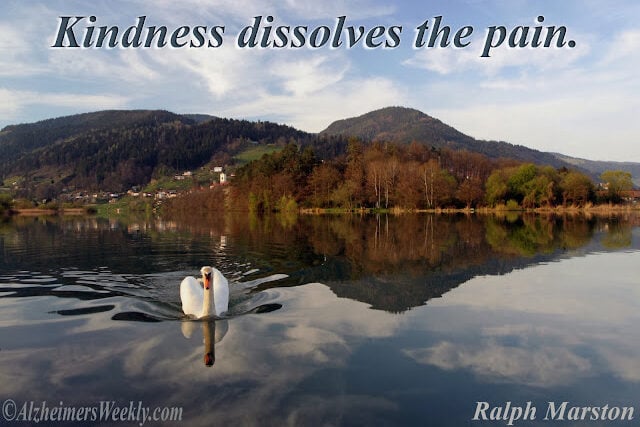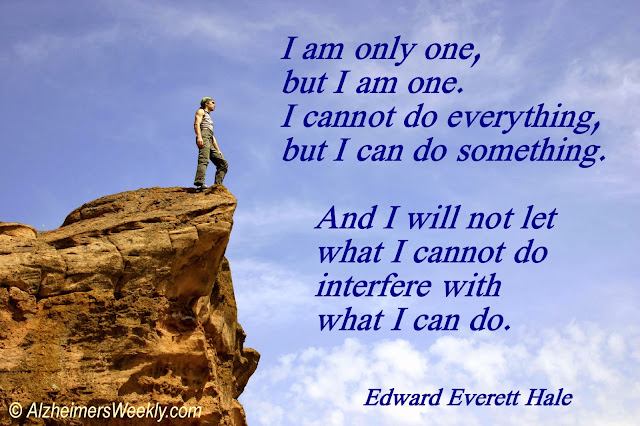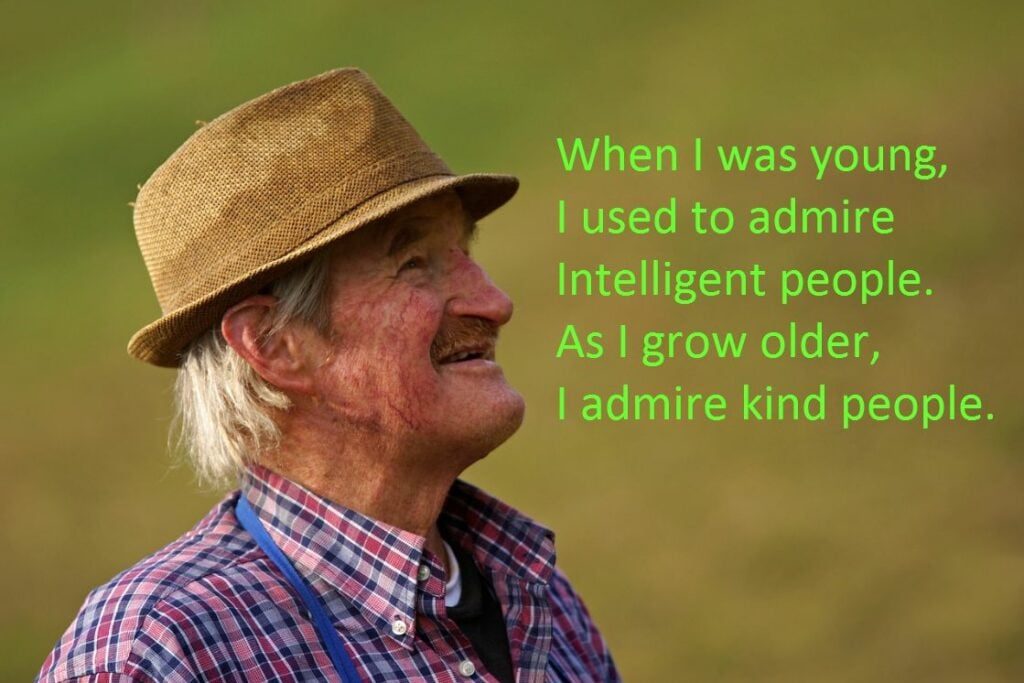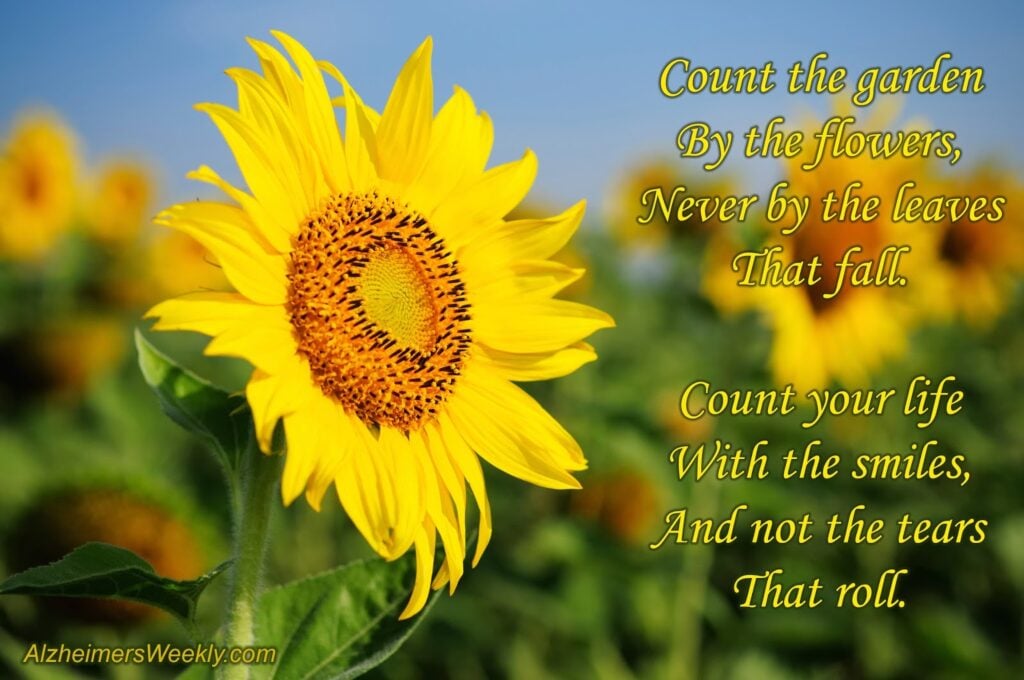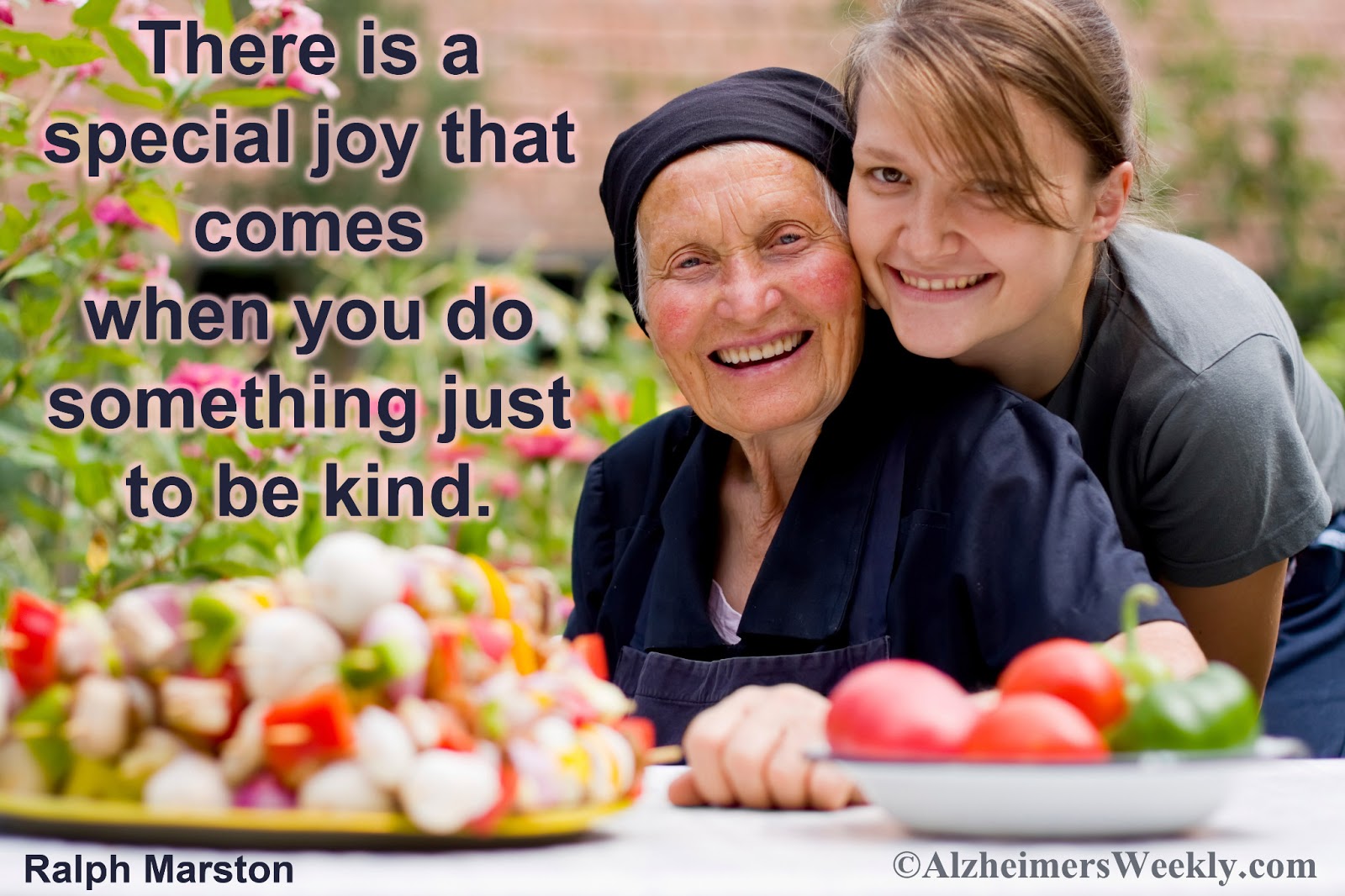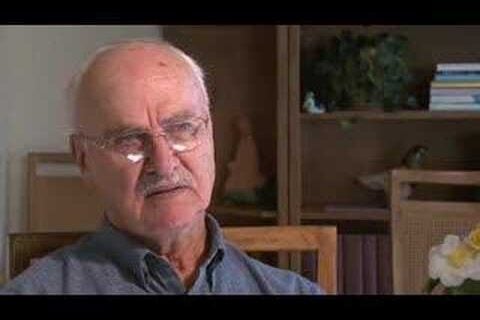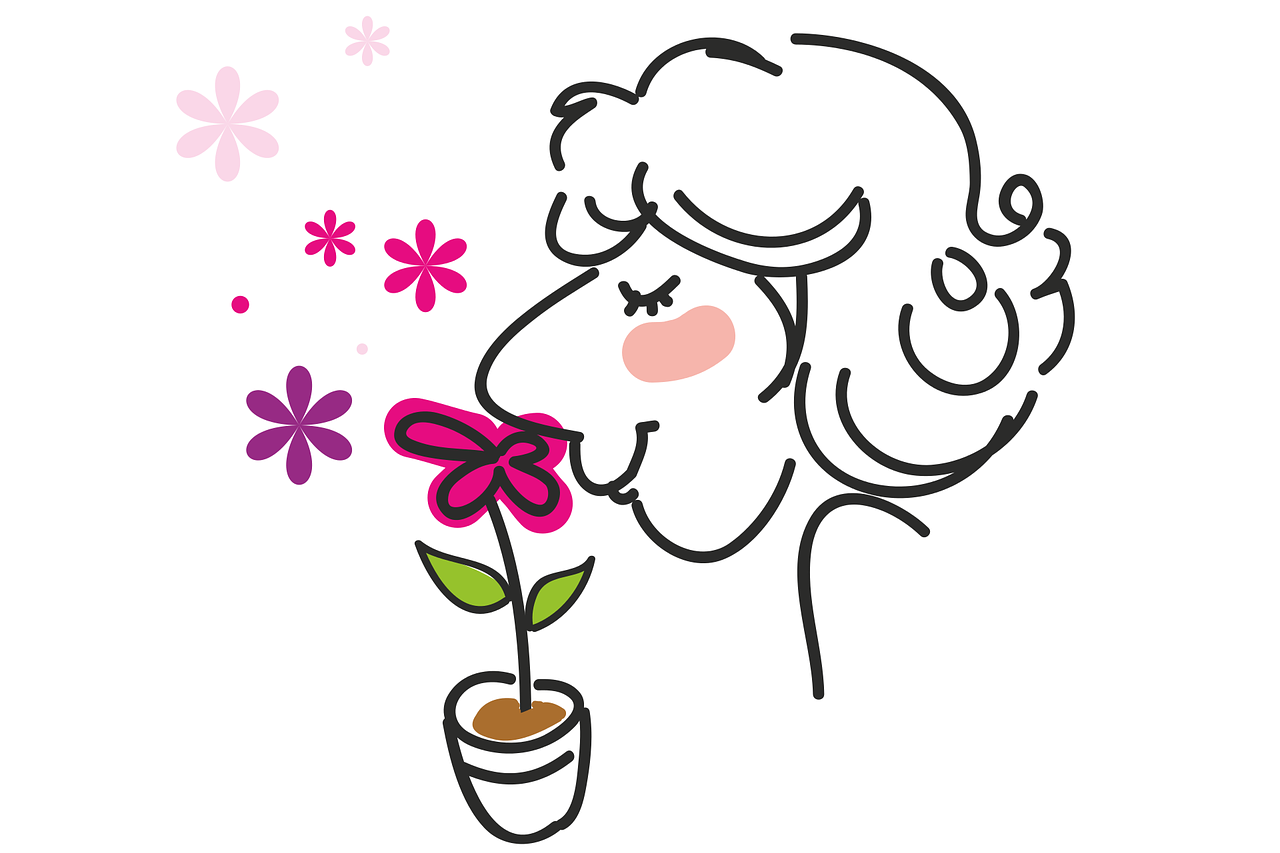
Opioids & Dementia: New Study Finds Strong Link
The Easiest Way to Sell More Alzheimer’s Books—Week by Week
Sure It's Alzheimer's? Insights into Lewy Body Dementia
The Easiest Way to Sell More Alzheimer’s Books—Week by Week
Sipping Smarter: Delicious Vinegar-Turmeric Drink Fortifies Against Alzheimer’s
You Are Not Alone: Dealing with Lewy Body Dementia
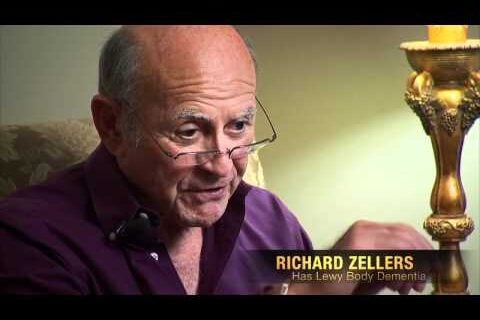
Sure It’s Alzheimer’s? Insights into Lewy Body Dementia
Lewy Body dementia is the 2nd most common form of dementia. See
experts at America’s top medical center, The Mayo Clinic, improving the lives of people who struggle with it.
The Choline - Diet - Alzheimer's Connection
Welcome, About This Site
This site was inspired by my Mom’s autoimmune dementia.
It is a place where we separate out the wheat from the chafe, the important articles & videos from each week’s river of news. Google gets a new post on Alzheimer’s or dementia every 7 minutes. That can overwhelm anyone looking for help. This site filters out, focuses on and offers only the best information. It has helped hundreds of thousands of people since it debuted in 2007. Thanks to our many subscribers for your supportive feedback.
The site is dedicated to all those preserving the dignity of the community of people living with dementia.
Peter Berger, Editor
Diagnosis
Living Well with Dementia
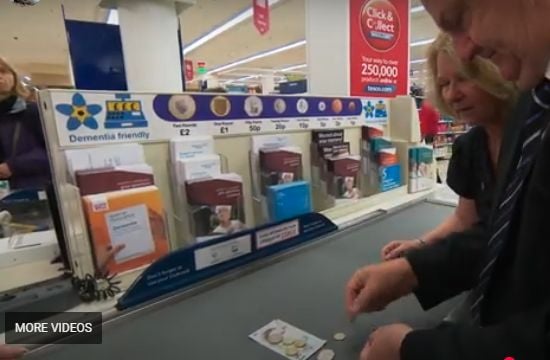
Supermarket Checkout Lane for People with Dementia
INNOVATION – VIDEO: A big supermarket launched a ‘relaxed’ checkout lane to make life a little less stressful for people with dementia and other vulnerable people.

Green Spaces Improve Cognitive Function
VIDEO + ARTICLE: Residential areas with more green space were associated with faster thinking, better attention, and higher overall cognitive function in a federal study. Learn more.

Ronald Reagan & Alzheimer’s – Just the Facts
VIDEO+ARTICLE:
Reagan revolutionized Alzheimer’s awareness. Is there truth to the notion of Ronald Reagan having Alzheimer’s during his presidency? After all, President Reagan’s winning vote margins were massive, among the biggest in American history.
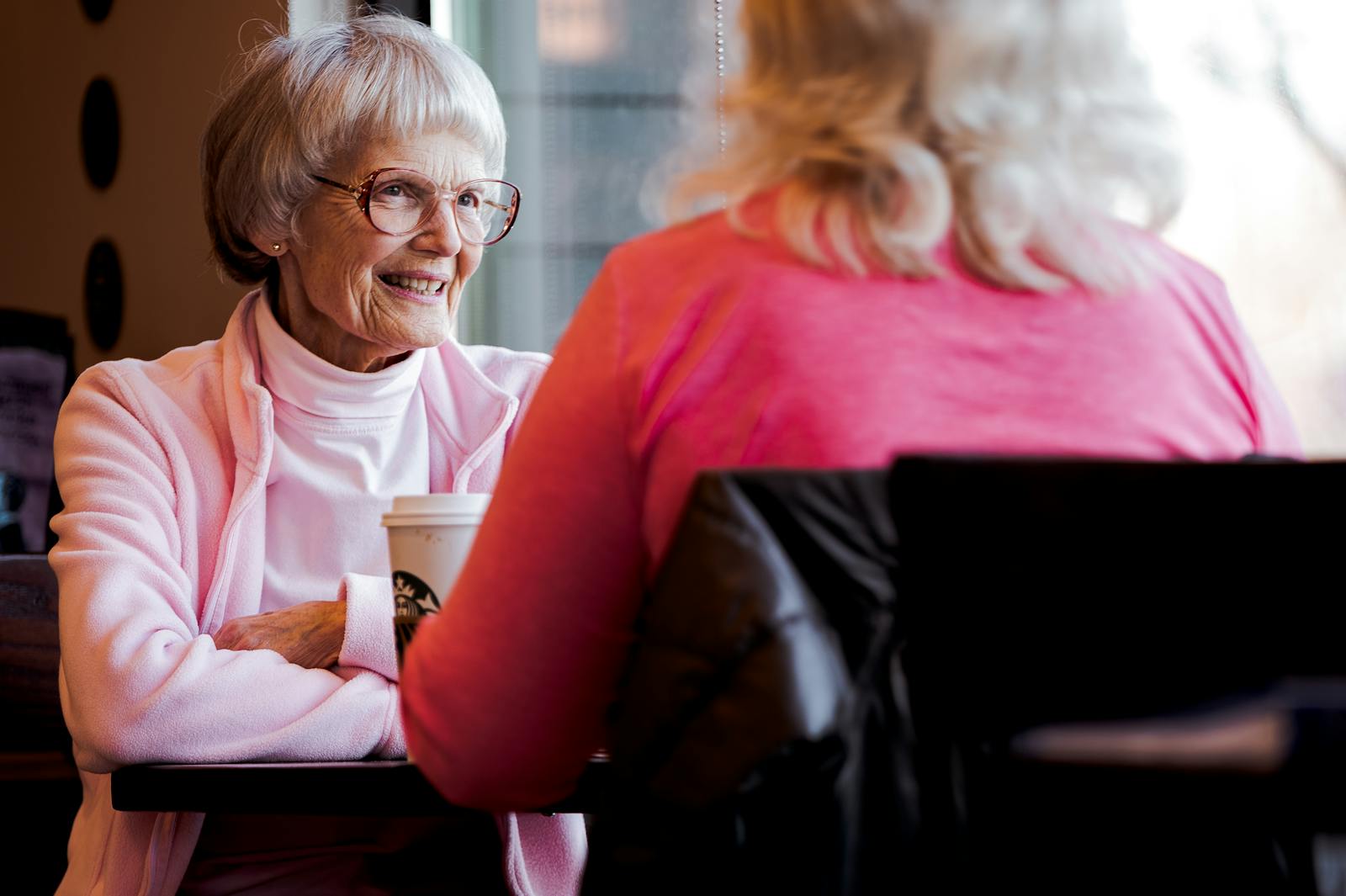
Social for 1 Day Improves Cognition for 3
Researchers find that adults ages 70 to 90 who enjoy a pleasant social life, also have a better cognitive life.
Diet
And Prevention


Turmeric Spice Drug Shows 7 Brain Benefits
Salk Institute’s J147 is a derivative of turmeric, a spice used in curry. Learn how it fights memory deficits and has a host of unexpected anti-aging effects in the lab.
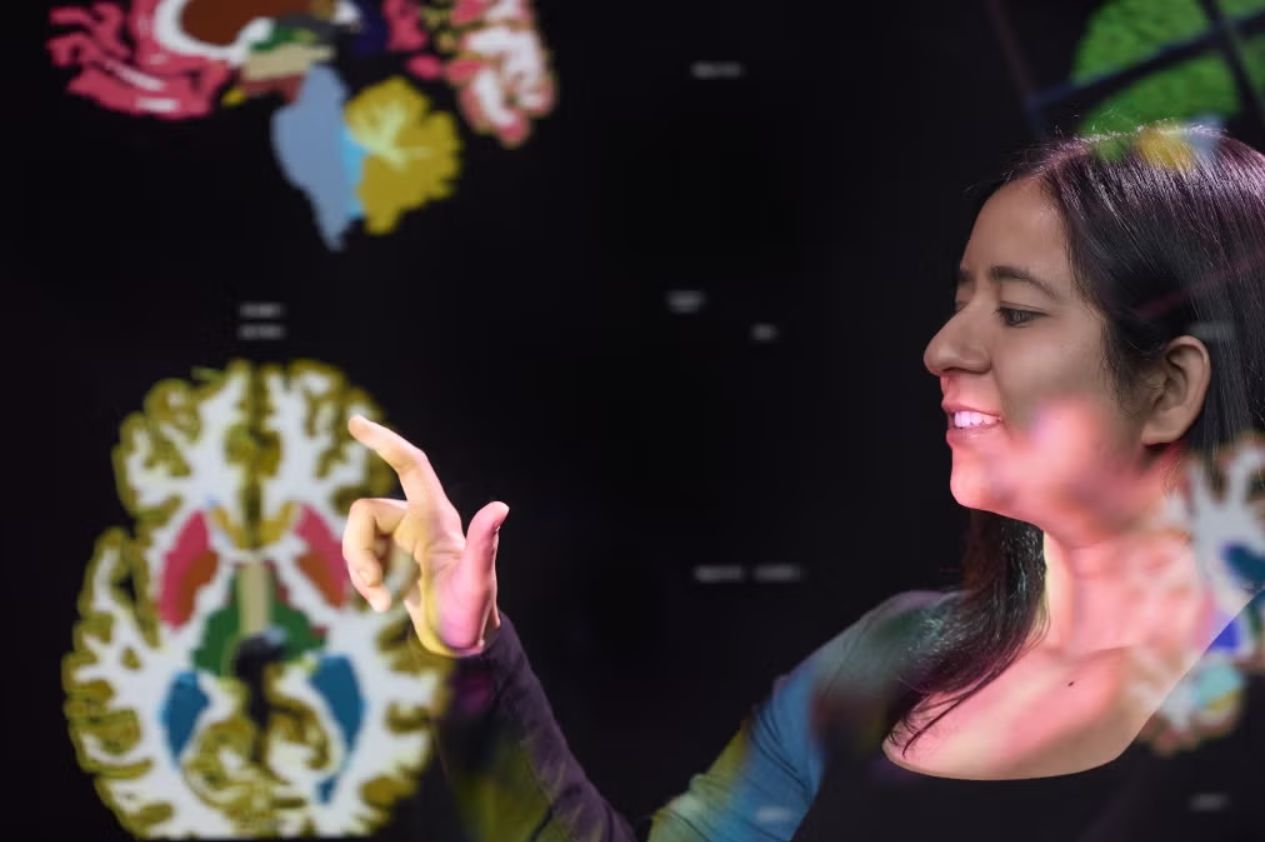
The Choline – Diet – Alzheimer’s Connection
A nutrient hidden in your daily meals could hold the key to preventing and slowing Alzheimer’s. Discover what Arizona researchers are revealing about the power of choline.

Sleep Clears Brain Waste, Lowers Dementia Risk
Berkeley researchers reveal deep sleep might protect memory—even in the face of Alzheimer’s. Could your nightly rest be the brain’s best defense?
Library of Posts
Research
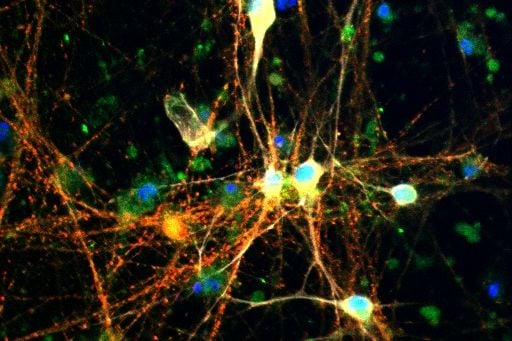
Brain Sugar Breakthrough: Can Fasting and Fat Burners Shield Your Mind?
A new Buck Institute discovery reveals neurons process sugar in a surprising way— and unlocking this “brain sugar” pathway could lead to powerful Alzheimer’s treatments.

Do Babies’ Tau Proteins Hold the Key to Curing Alzheimer’s?
Why Do Babies Have More Alzheimer’s Protein Than Adults? A Surprising Clue to Future Treatments
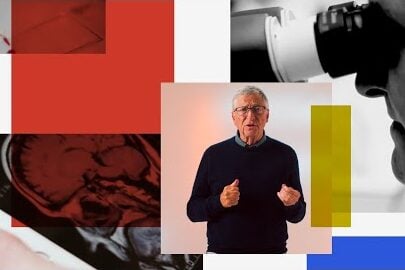
Bill Gates on the Next Phase of the Alzheimer’s Fight
Bill Gates says, “I am blown away by how much we have learned about Alzheimer’s disease over the last couple years.” See his compelling video and insight-filled blog post.

Magnesium’s Importance to Brain Health
DIET: MAGNESIUM appears to do a lot to maintain brain health, prevent cognitive impairment (CI), and fight Alzheimer’s. Learn how.
Treatments & Therapies
Caregiving
Shopping

Best Digital Photo Frames for Dementia
Looking for the best digital photo frame for a loved one with dementia? Many frames claim to be senior-friendly. We explore the Pix-Star series, rated best for its combination of features and value for the money.
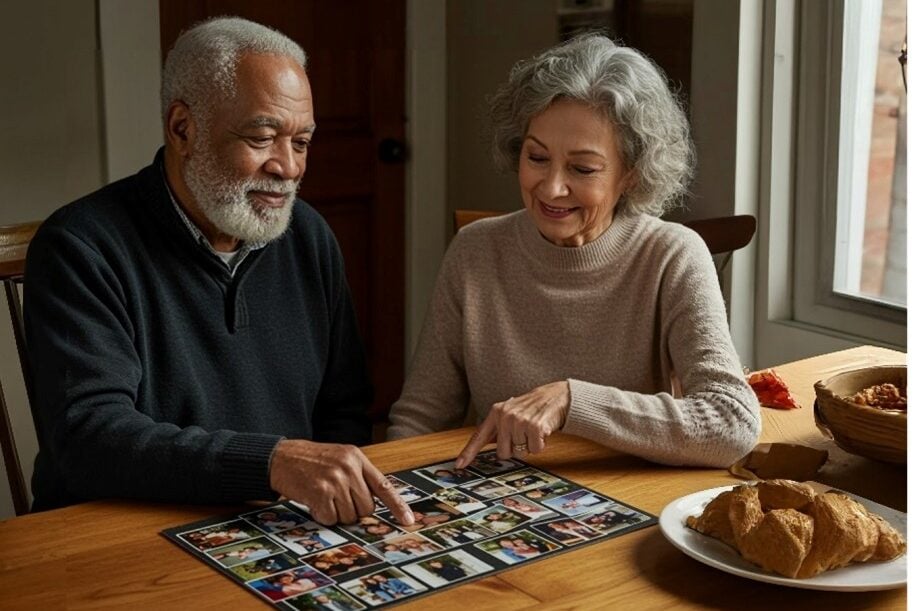
Custom Photo Placemats Foster Meaningful Connections at Mealtime
Make mealtime for loved ones with Alzheimer’s more meaningful. Foster social connections and bring people closer together with a custom, one-of-a-kind photo placemat. Make it a time to gather, share, and celebrate life.

3 Battery-Operated Dementia Clocks
If your loved one asks a little too often, “What’s the time?” “What day is it?”, easily solve the problem with these Battery-Operated Dementia-Calendar-Clocks. No wires, hang them on any wall, stand them on any table.

Take The Patented Virtual Dementia Tour
VIDEO & ARTICLE: 500,000 family and professional caregivers have experienced The Virtual Dementia Tour®. It simulates Alzheimer’s for caregivers. It boosts their level of care and motivation. See how it works.

Seatbelt Grabber
Shoulder issues? Mobility limits? This durable little device helps more than one can imagine when reaching for a seat belt!
Bookshop

MYndspan
Empower yourself with a detailed report of your brain’s function, consisting of an assessment of your cognitive function and your brain connectivity with a quick 45-minute on-site appointment.

Dementia Care Solutions of East Tennessee
Kimberly Warnick, Certified Dementia Practitioner and Care Navigator

The Easiest Way to Sell More Alzheimer’s Books—Week by Week
Selling Alzheimer’s books takes time – buyers rarely commit right away. Smart authors plan for the long game, offering gentle, repeated reminders to buy. No tool does this more effectively or simply than the Alzheimer’s & Dementia Weekly Newsletter service. Keep your book—and its message—at the center of your readers’ attention.

You Are Not Alone: Dealing with Lewy Body Dementia
All a caregiver for Lewy Body Dementia needs to know, from symptoms to diagnosis to care for their loved one and themselves, for the entire caregiving journey. Part memoir and part help book.

The Compassionate Guide to Dementia for Caregivers
Discover compassionate, practical and proven strategies to navigate dementia care confidently, ensuring the well-being of both you and your loved one.
Experience 12 Minutes in Alzheimer's
Just what is a loved one with dementia going through? This virtual Alzheimer’s tour reveals more than you ever imagined.
Songs

I Know Who He Is
William Michael Morgan strums a proud, moving song by a young man that knows who his father with dementia truly is. Watch now.
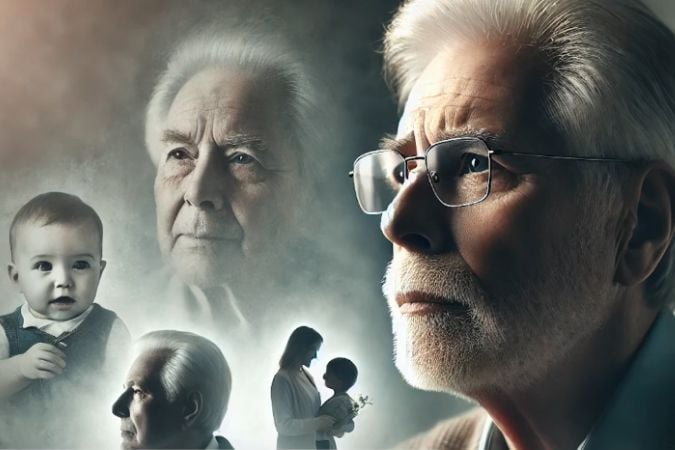
My Mind is Running Dry But Love Still Speaks
A powerful song about an 80-year-old professor losing memory due to Alzheimer’s. A tribute and a call for understanding, love, and support.

When Ted Sings, Millions Listen, Alzheimer’s & All
MUSIC: Famously known as the Songaminute Man, Ted is living with dementia, even as he enjoys singing on. Watch this wonderful sampling of his songs, along with a one-of-a-kind interview on BBC’s “The One Show”.
Film & Music

I Know Who He Is
William Michael Morgan strums a proud, moving song by a young man that knows who his father with dementia truly is. Watch now.
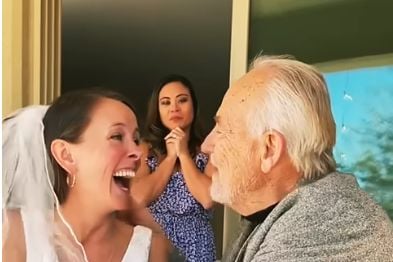
Wedding Gift from Dad with Dementia
[Father’s Day is June 15]
This bride’s father has dementia. On her wedding day, she triggers his memory with an activity they shared in her childhood. See what happens.

When You Were Superman
[FATHER’S DAY IS JUNE 15]
ANIMATED MUSIC VIDEO: Watch this uplifting-yet-real, brilliantly-animated music video about a child’s heroic relationship with his parent with dementia.





